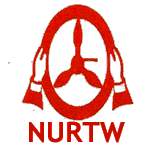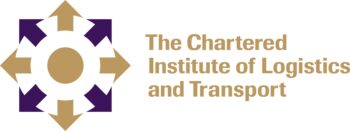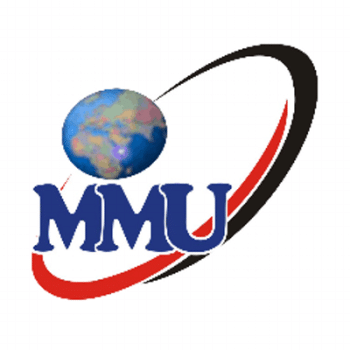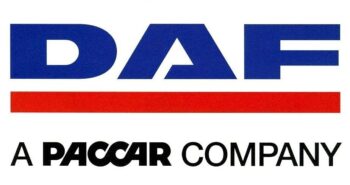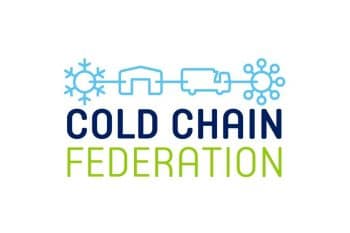Our Programmes

MAM@Scale (MAMaZ Against Malaria (MAM))
Project background
The MAMaZ Against Malaria (MAM) and MAM@Scale projects set out to decrease preventable deaths from severe malaria by introducing and expanding an innovative pre-referral intervention in remote rural districts of Zambia from 2017 to 2021. Both projects were carried out by a consortium comprising Transaid, Development Data, Disacare, and DAI Global Health. The initial one-year rectal artesunate (RAS) pilot project, funded by Medicines for Malaria Venture (MMV) and Transaid, ran from 2017 to 2018. Following its success, the three-year successor, MAM@Scale, operated from December 2018 to December 2021, funded by Grand Challenges Canada, MMV, FIA Foundation, and Transaid.
In Central Province, two districts were selected as demonstration sites where government officials and development partners witnessed the projects’ impact first-hand. These districts had benefited from a decade of prior engagement by the MAM@Scale consortium, with a robust network of well-trained community health volunteers (CHVs) targeted for rectal artesunate (RAS) training.
The project was implemented across eight scale-up districts under conditions mimicking real-world settings. Here, CHVs operating with higher population ratios received streamlined RAS training and were primarily supervised by local health facility staff.
Results
Malaria remains a severe public health concern in Zambia, with the entire population highly vulnerable. In 2020, the country reported 8,946 malaria-related deaths, predominantly affecting children. However, the MAM@Scale project achieved remarkable reductions in severe malaria case fatality rates, marking a 97% decrease in pilot districts and an 87% decrease in scale-up districts.
Moreover, the projects facilitated the transportation of 6,616 children using bicycle ambulances through the Emergency Transport Scheme (ETS) across four intervention districts. This initiative also included training 343 ETS volunteers, enhancing their capacity to deliver life-saving interventions effectively.
More Programmes

